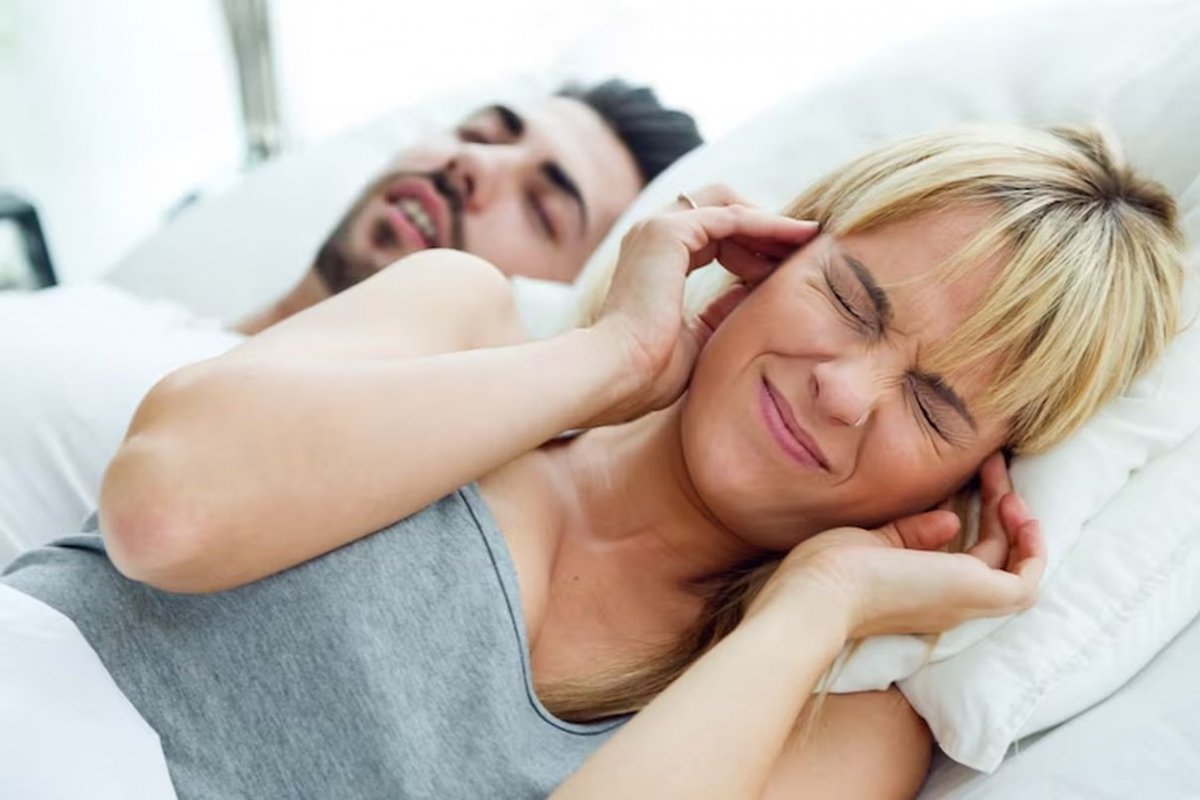
A study has shown that people who snore are almost twice as likely to have a stroke as those who do not snore while sleeping.
A stroke is a life-threatening disease that occurs when the normal blood supply to the brain is cut off. The most common type is an ischemic stroke, which occurs when blood clots or other particles form a clot that blocks blood vessels leading to the brain. A study published in the journal Neurology found that people with sleep problems, including snoring and other breathing problems, as well as lagophthalmos (eyes that do not close completely), are more likely to have a stroke.
The authors of the study were scientists from the University of Galway in Ireland. They analyzed data from 2238 people who had a stroke and 2258 who did not suffer from a stroke. As a result, the experts concluded that people who snore in their sleep, as well as those who have other sleep disorders, are twice as likely to experience a stroke.
“The risk of stroke increases if a person sleeps too much or too much sleeps little, sleeps poorly or cannot fall asleep for a long time, and also snores and suffers from sleep apnea, ”Neurology researchers are quoted as saying.
They clarified: the more sleep disorders observed in one person, the higher his risk of stroke. In terms of sleep duration, it has been found that people who sleep less than 5 or more than 9 hours are more likely to have a stroke compared to those who sleep an average of 7 hours.
Snoring first linked to cancer risk
About snoring, the following clarification was made: people who snore are 91% more likely to suffer from a stroke than those who do not snore. The experts added that a person is more likely to be a snorer if they are overweight, smoke or drink alcohol, sleep on their backs or suffer from sleep apnea.
Snorers sleep perfectly normally
Earlier portal MedikForum.ru wrote about the dangers of sleeping with your mouth open.
Important! Information provided for reference purposes. Ask a specialist about contraindications and side effects and under no circumstances self-medicate. At the first sign of illness, consult a doctor.
